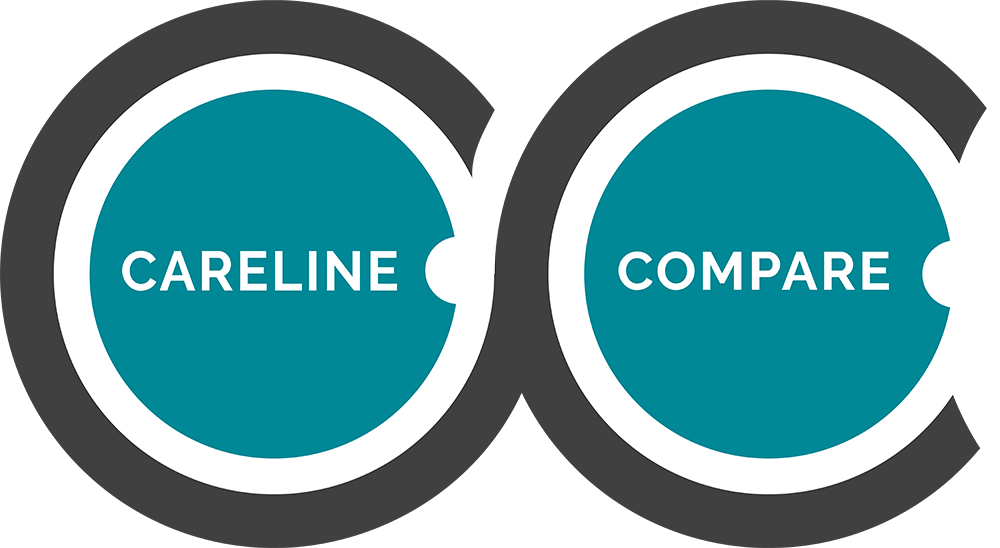
How to Choose a Personal Alarm
on theChoosing a personal alarm can be a daunting prospect. It is hard to figure out which is the right one for you or your loved one. Luckily, I have some experience with this. Today I will be sharing my wisdom on how to pick the best personal alarm that meets all your needs.
Without further ado, here are my top five factors to consider before you buy a careline alarm:
1. Price
You get what you pay for, so the old saying goes. This is true when it comes to personal alarms too. However, this doesn’t mean you have to spend a fortune. It is easy enough to compare prices from one provider to the next and many will offer better rates for a longer subscription. You’ll generally have the choice to pay annually or monthly, with some providers offering weekly or quarterly billing. Some even offer lifetime plans, which usually offer the best value but also the biggest commitment. Make sure you shop around for your telecare alarm, just like you would before buying a new television or a car.
2. Style
It may seem trivial, but feeling confident in your alarm is the first step to making sure it gets used as it should. No one wants to feel as if they are wearing a piece of medical equipment. Fortunately, there are many personal alarms out there that are designed to blend in. Many lifeline alarm pendants these days look like smartwatches or simple jewellery. Others can be worn as brooches or attached to a belt. For anyone who is concerned about feeling self-conscious, the majority of personal alarm pendants are compact enough to conceal under your clothing. Equally, for those who want a pop of colour in their telecare alarm, many providers offer wrist straps and alarm covers in a range of vibrant colours.
3. GPS Location
Next, it’s important to consider whether the user will need a GPS-enabled alarm. Traditional careline alarms are dependent on a landline connection, so they’ll only work within a certain range of the base unit in the home. Nowadays, GPS technology is everywhere, including inside many personal alarms. If the user wants to maintain an active, independent lifestyle, going off to the shops or to visit friends by themselves, for example, a GPS alarm is an excellent choice. Conversely, if the user doesn’t tend to leave the house unaccompanied, a flashy GPS device may not be worth the extra expense.
4. Fall Detection
This is another important feature to consider. Like a GPS locator, this extra technology will bump up the cost of your telecare alarm somewhat, but for many personal alarm users, it’s absolutely essential. A fall detector alarm contains a built-in sensor which can detect a sudden drop and raise the alarm automatically. This is ideal for anyone who has a history of fainting or seizures as they may not be able to press a button to call for help in the event of a fall. Similarly, fall detectors are very useful for people with dementia who may not remember to press their button when they need assistance.
5. Ease of Use
Last but by no means least, usability is probably the most important factor to consider on this list. While most personal alarms will be designed with ease of use in mind, there will be differing levels of accessibility. In an emergency, the user needs to be able to activate their alarm easily and without effort, in case they are injured. There are plenty of alarms with easy-to-use buttons. Many careline alarm providers will also send you an easy-press adaptor upon request. This will fit over the existing alarm pendant to make the button easier to press for those with limited grip strength or dexterity.
Compare Careline Alarm Providers
That is my compiled list of how to buy a personal alarm. I hope it has provided much needed advice and security. I know a list like this would certainly have come in handy when my mother was selecting her personal alarm.
Click here to compare the UK’s leading telecare alarm providers and find the best deal for you.

